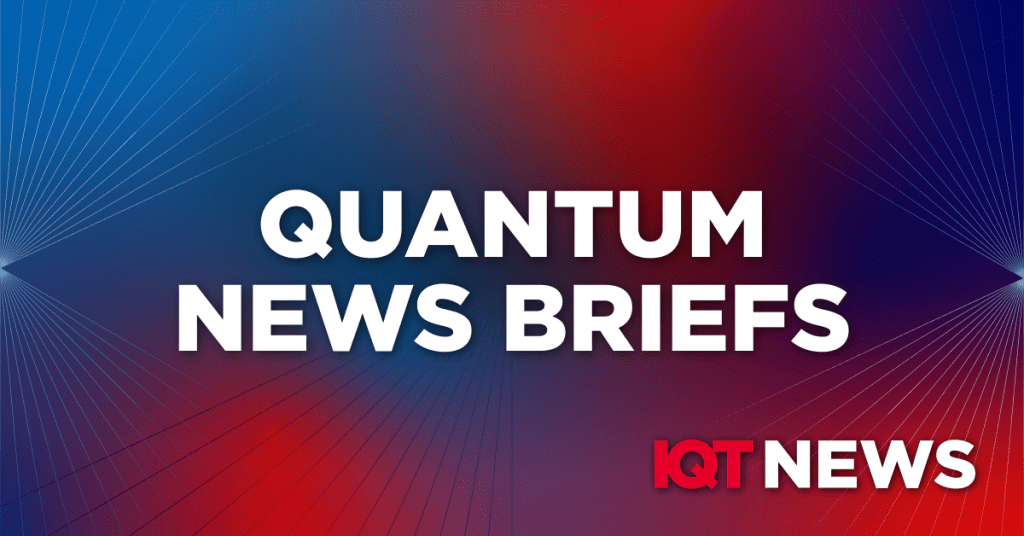NAU physicist wins $5M NSF grant to advance research in quantum physics
The grant is part of NSF Expanding Capacity in Quantum Information Science and Engineering (ExpandQISE) which is investing $39 million in 23 projects aimed at breaking new ground in quantum computing, sensors, materials and other fields.
NAU is one of three Hispanic-Serving Institutions to receive a grant through the program. “This investment meaningfully positions NAU as a regional leader in quantum science, enabling the exploration of novel quantum systems and providing world-class training opportunities for students at various career stages and backgrounds,” Behunin said.
The NAU team, which includes Regents’ professor in physics Miguel José Yacamán and associate physics professor Inès Montaño as co-PIs, will create new mechanical resonators made of sapphire, which have a low rate of energy loss. These new systems aim to address the short lifespan and distribution of quantum information, all of which means better, faster, more efficient processing.
Terranova Defense & Quantum eMotion forge a global cybersecurity commercial partnership
This strategic alliance designates QeM as the exclusive provider of state-of-the-art quantum entropy generators, post-quantum cryptography, and cloud-based security solutions to TDS, marking a significant advancement in the cybersecurity field.
The Terranova Defense Group is quickly becoming one of the world’s largest cyber defense hubs working in partnership with Cyber Security Global Alliance, that operates in 21 countries with offices in 13 countries over 4 continents. Terranova Defense Solutions works with domestic and international companies that are at risk of physical and digital threats including autonomous and digital attacks.
In Other News: CoinTelegraph reports “How quantum AI can make humans better crypto traders”
The researchers monitored the brainwaves of 100 students as they performed a series of cognitive tasks. The brainwave analysis was then analyzed using algorithms running on a D-Wave quantum annealing computer.
By understanding how these brain functions can be optimized, researchers could develop methods to improve general cognitive ability. This would essentially allow the development of shortcuts for learning that could improve outcomes for individuals working in fields requiring constant adjustments to new information.
Cryptocurrency trading, for example, requires cognitive skills directly related to those examined in the aforementioned study. An education program centered around enhancing those cognitive functions at the neuron level of the human brain would likely be advantageous for those in the field.
Meanwhile, enhancing the cognitive functions behind a different sort of problem-solving, such as architecture, may require an entirely different approach.
As quantum annealing optimization techniques improve and even more of the human brain’s cognitive network is revealed, humanity may have to reimagine the purpose of education as it relates to actual learning.
By understanding how these brain functions can be optimized, researchers could develop methods to improve general cognitive ability.
Cryptocurrency trading, for example, requires cognitive skills directly related to those examined in the aforementioned study. An education program centered around enhancing those cognitive functions at the neuron level of the human brain would likely be advantageous for those in the field.
As quantum annealing optimization techniques improve and even more of the human brain’s cognitive network is revealed, humanity may have to reimagine the purpose of education as it relates to actual learning.
